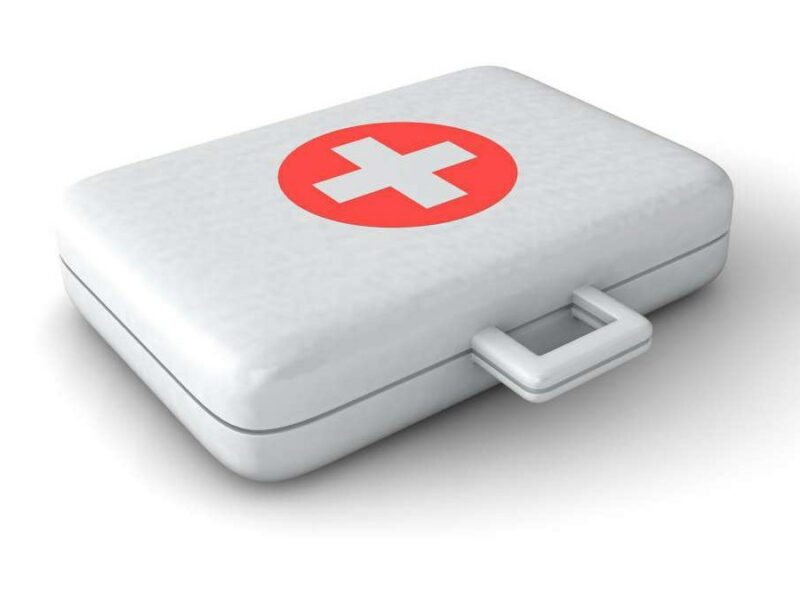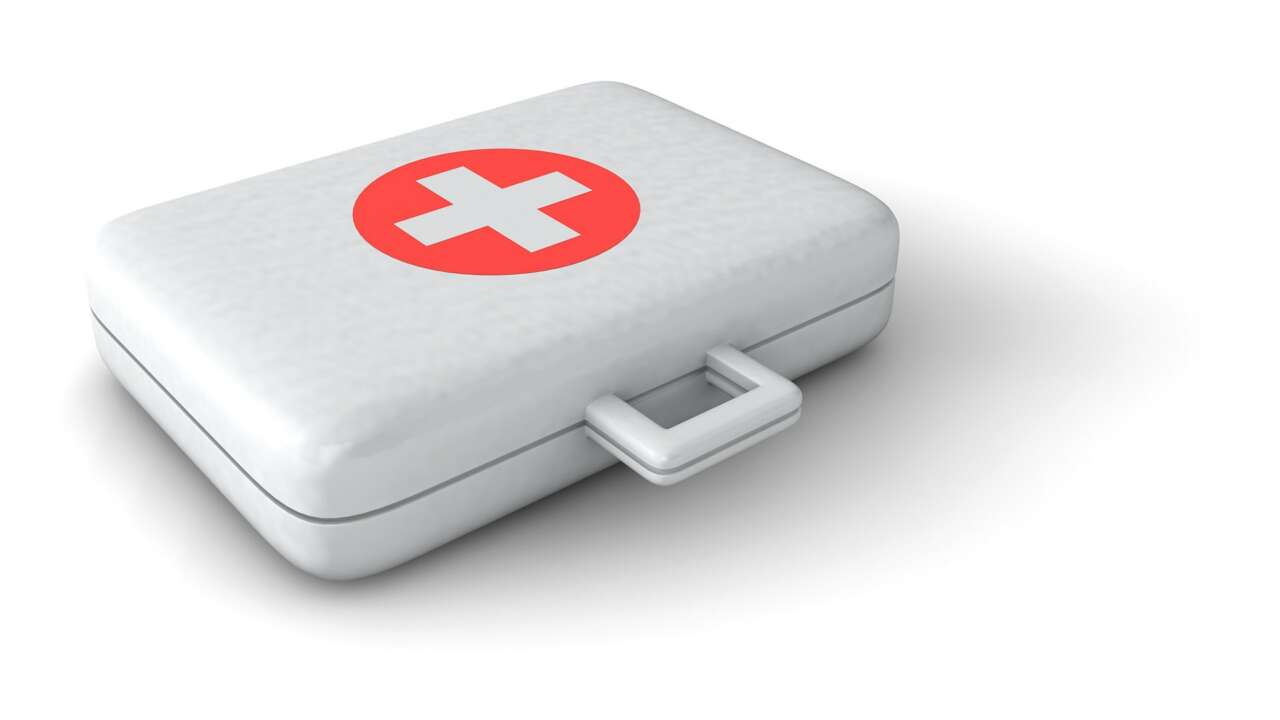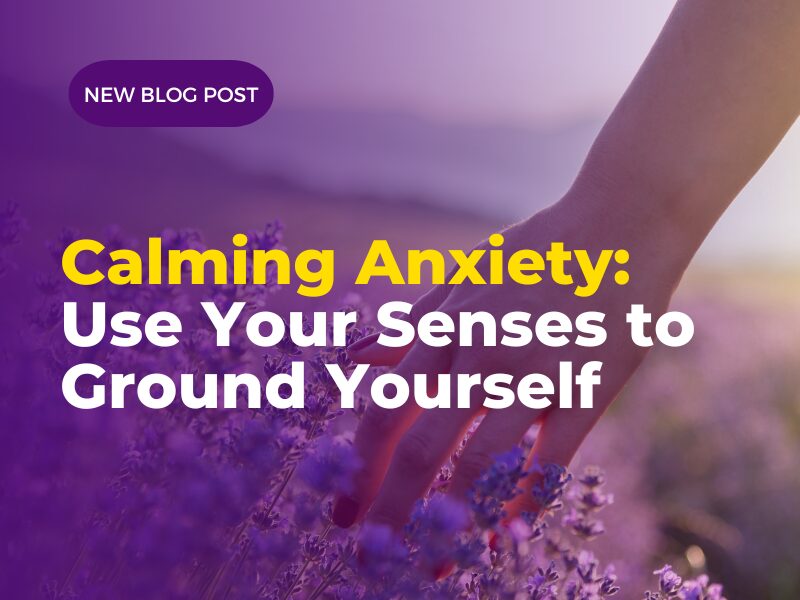Mental Health First Aid at a Glance


As the stigma around mental illness slowly begins to lift, friends and family members of those affected are looking for ways to help their loved ones through times of crisis.
Just like there are first aid courses to learn how to properly handle a physical illness or emergency, there is also mental health first aid.
Developed in Australia in 2001, Mental Health First Aid first came to Canada in 2006 and was developed as a program by the Mental Health Commission of Canada nation-wide in 2010. To learn more about the program’s history, click here.
As a new employee to Lutherwood’s Children’s Mental Health Centre, I was able to recently take this two-day course certification. As a participant, I learned the basics of mental health, substance-related disorders, mood disorders, anxiety and trauma disorders, psychotic disorders, and local and national resources for assistance and more information.
I came away with a lot of important information, and a better understanding of how to help a friend or loved one in a mental health crisis. I highly recommend the course, and it can be taken at various times and locations across Waterloo Region for between $160-225. If you are interested in getting your mental health first aid certification, click here to find an upcoming course near you.
By using and remembering the certification’s basic acronym of A.L.G.E.E., you learn how to properly assess and assist the situation until professional help arrives.
A – Assess the risk of suicide and/or harm
This includes looking for clues to a change in behavior. Is this person more withdrawn lately? Have they lost interest in activities they used to enjoy? Are they getting their affairs in order. If you’re concerned, the best approach is to ask the person directly if they are contemplating suicide. If they say yes, and if they have a concrete plan in place, stay with them.
L – Listen non-judgmentally
Avoid judging where they are mentally or saying their feelings or thoughts aren’t real or are “crazy”. The thoughts are very real to them, and often they know they are irrational. Don’t try to fix or solve their problems. Just listen.
G – Give reassurance and information
This can include phrases like “You’re not alone.” Tell the person you are there with them, many others are going through the same things they are. They aren’t weak or abnormal for suffering through mental illness. According to a Government of Canada survey, 1 in 5 Canadians will face a mental health struggle in the course of one year.
E – Encourage the person to get appropriate professional help
This could be anything from calling 9-1-1 in a crisis situation, to sitting down with the person and talking about other options including crisis support options such as Here 24/7, Kids Help Phone and Front Door, medication or professional therapy options.
E – Encourage other supports
Offer your ongoing support, or ask the person if they have a friend or family member they trust that they can contact and have regular progress meetings or talks with.
Following these steps, not necessarily in order, can help give you the confidence you need to help someone you know who may be struggling.
Instagram Feed
"Watching a family access shelter and continuously being denied on their housing rental applications is difficult. However, the look on their faces and the joy they share upon securing housing is an amazing feeling. I am grateful to be part of a team that supports at-risk families."












